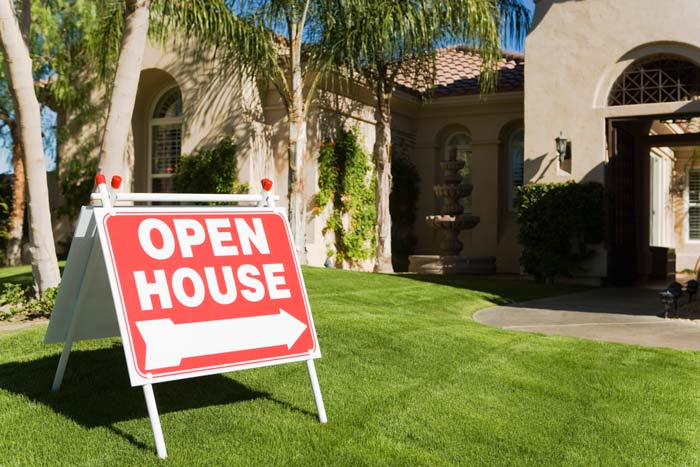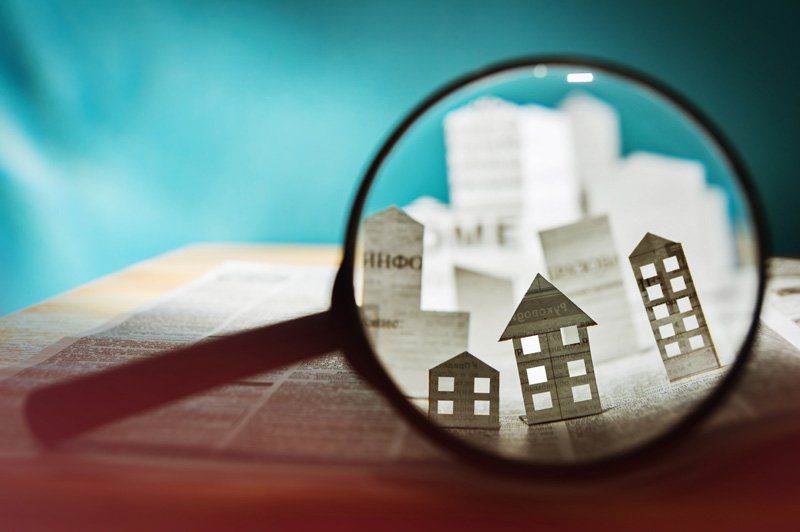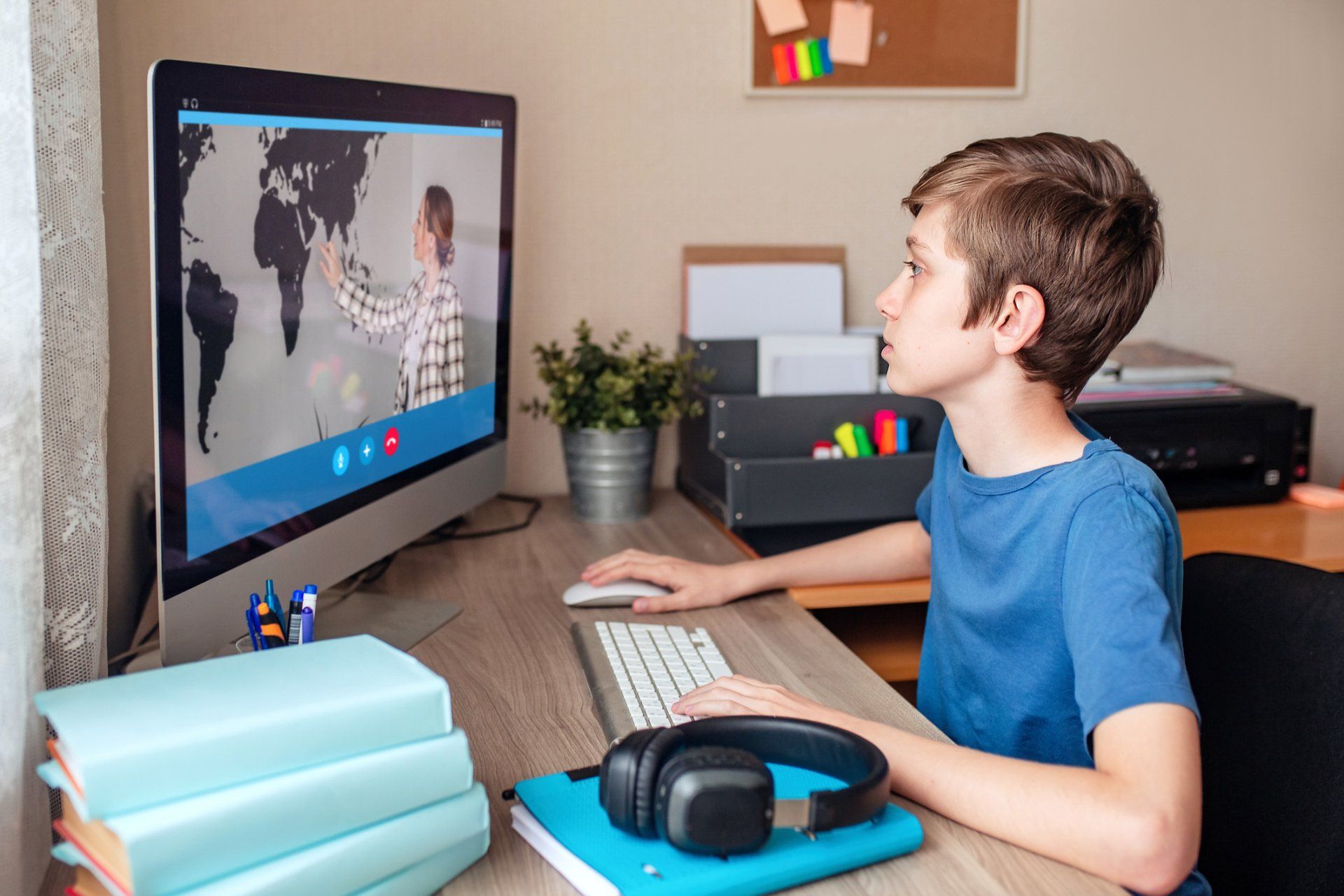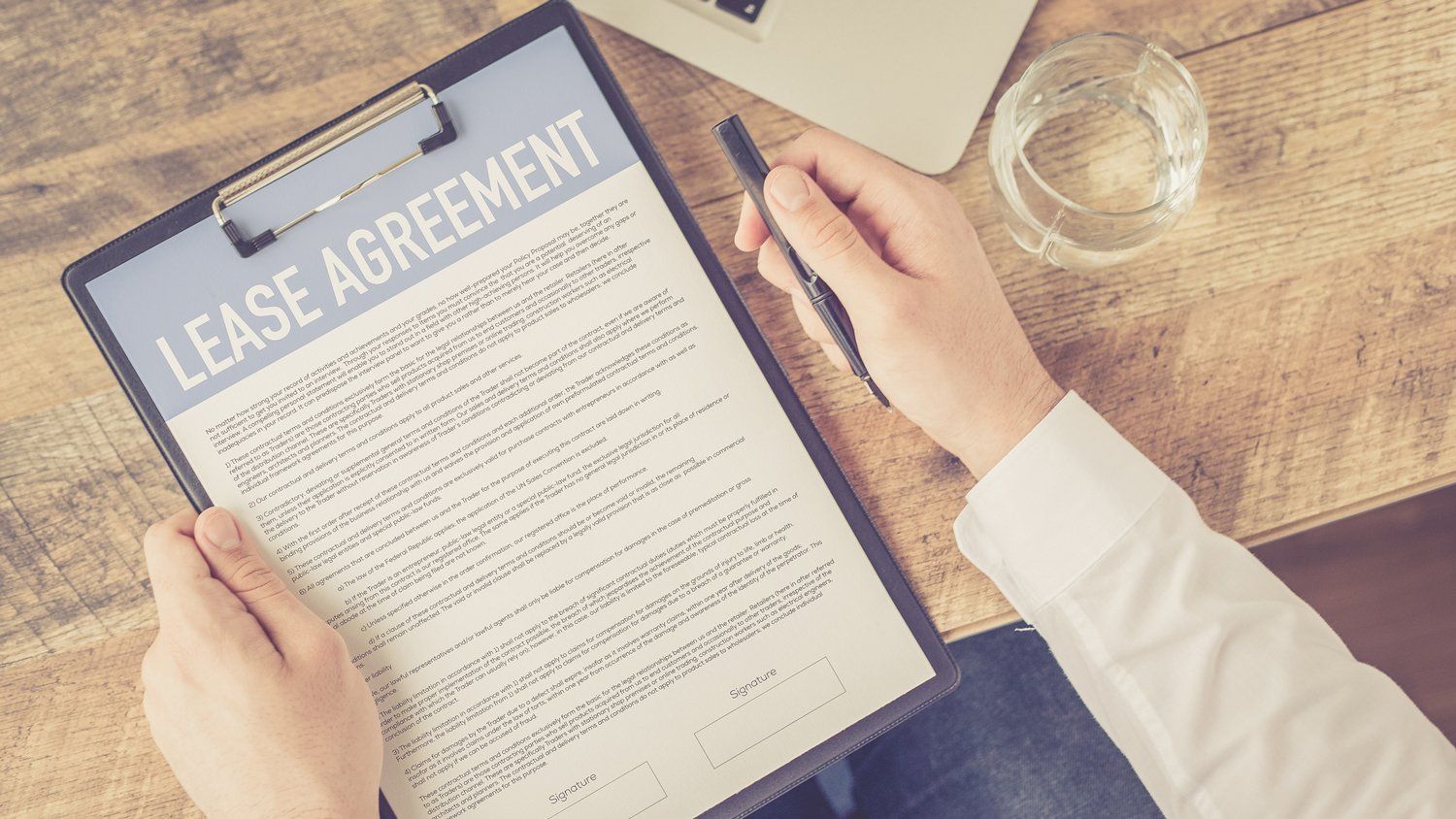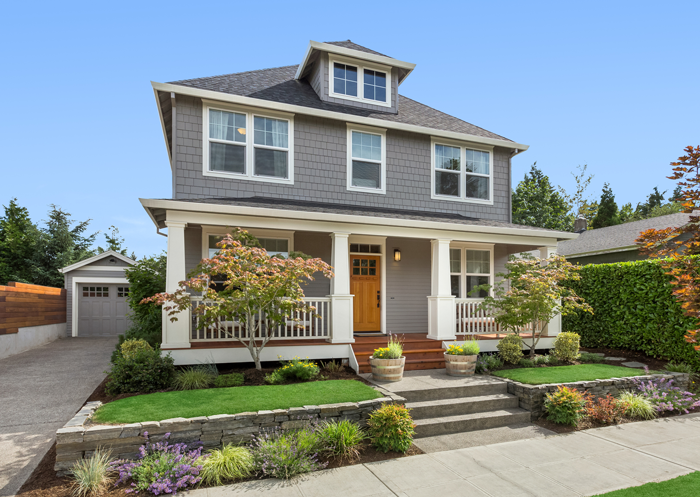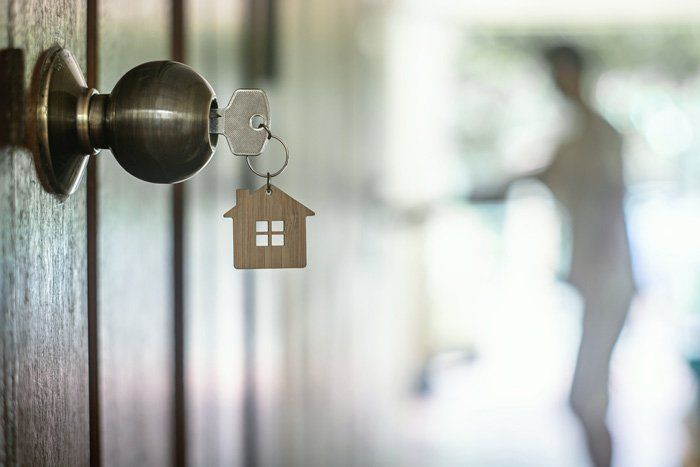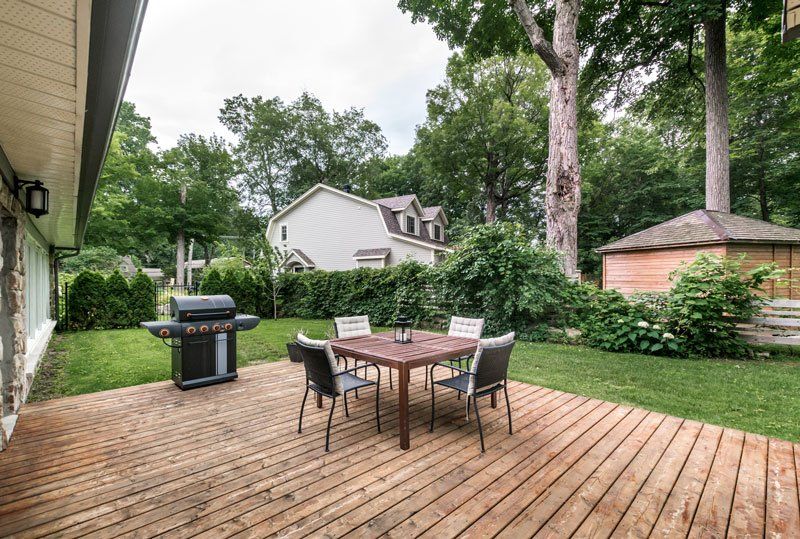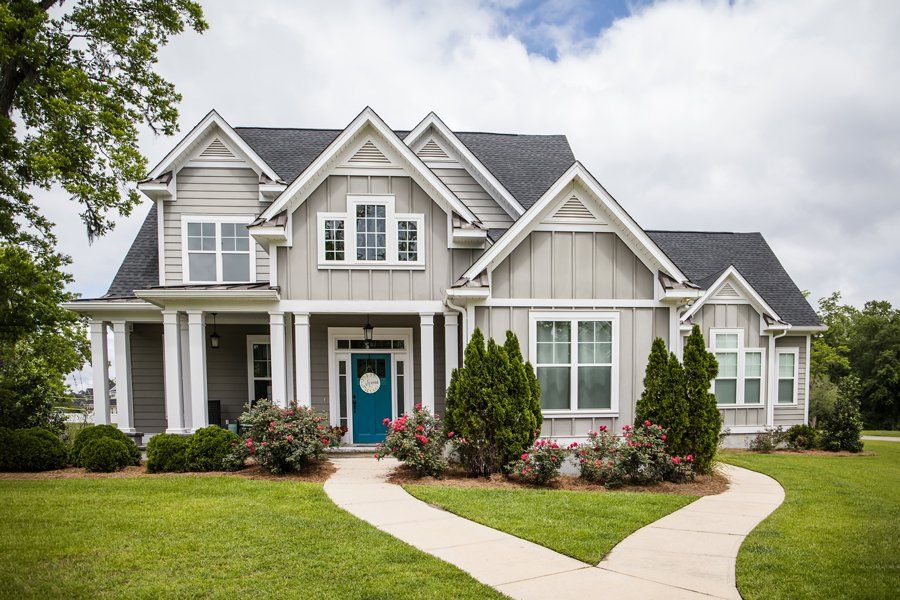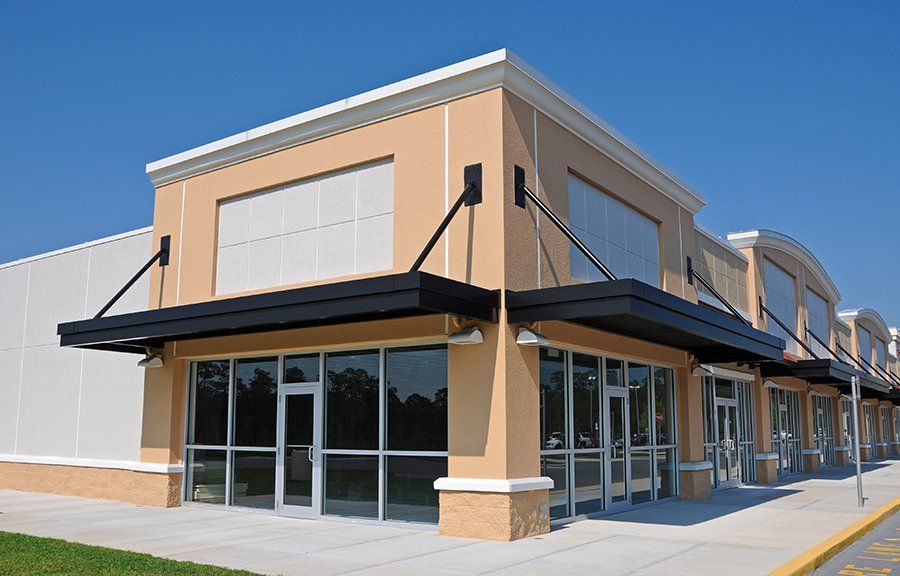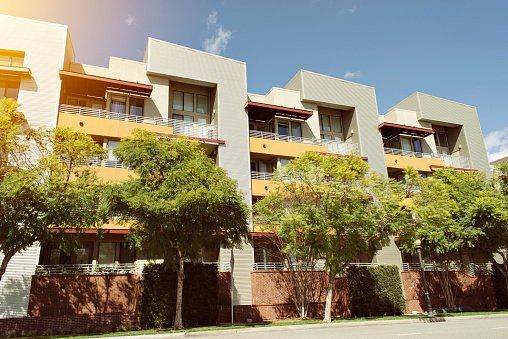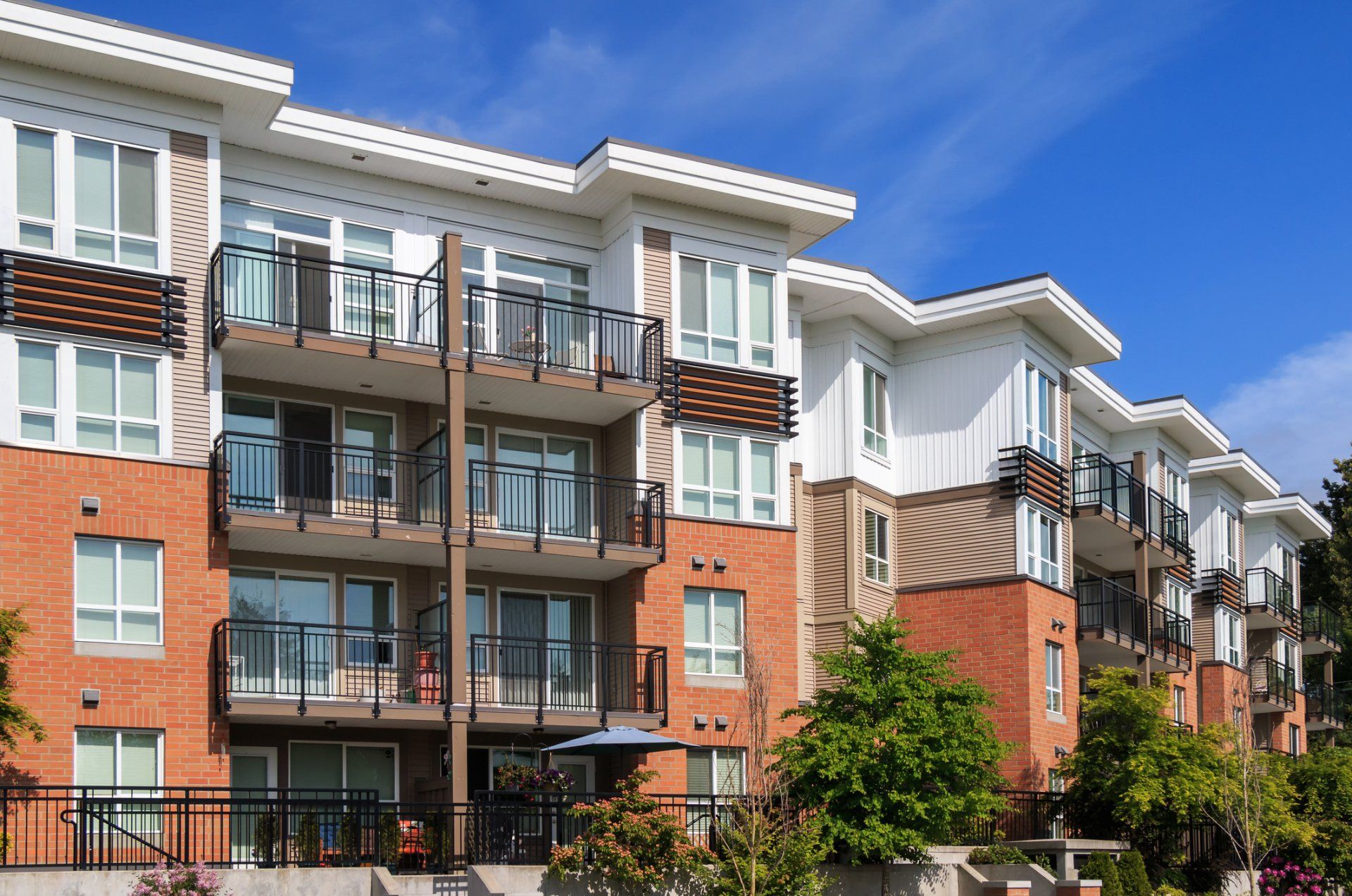Preparation for an Open House Ultimately Saves Time
It's a given that home sellers must prepare for an open house, but home buyers should too. Before you drive to an open house, have a notebook and a couple of pens on hand. In the notebook, jot down any must-have requirements for your home and questions you have for the home buyer or real estate agent.
Some basic things you may want to find out at every open house include:
It's a given that home sellers must prepare for an open house, but home buyers should too. Before you drive to an open house, have a notebook and a couple of pens on hand. In the notebook, jot down any must-have requirements for your home and questions you have for the home buyer or real estate agent.
Some basic things you may want to find out at every open house include:
- Total square footage of a house
- Details about the property that can't be easily discerned
- Asking price if it isn't mentioned up front
- Real estate taxes
- Information about which appliances or furniture may be included
- Number of bedrooms and bathrooms
- Home improvements or upgrades that have been made recently
- Age of the roof
- Special features of the neighborhood
- Homeowners’ Association fees if applicable
Depending on what you most want in a home, you may customize a list of what you want to know about a house. Keep your notebook handy for making notes on the home once you arrive at the open house. In addition to your notebook, bring along a smartphone in case you want to snap a photo outside the house for later reference.
Treasures May Lie Beyond the Curb Appeal
Some home sellers put a lot of effort into the curb appeal of a home, giving prospective home buyers a false sense of grandeur. Although you may be able to tell some things about a house from your first glance of it, a house usually has a lot more to it than how it looks from the street.
If you go into a house and still don't feel good about it, it's okay to make a quick exit. Otherwise, make notes about the drawbacks of the curb appeal, and then move on to objectively check out the rest of the house.
What's Behind Closed Doors Matters
Unless the real estate agent or home seller expressly forbids you from opening a certain door (which would possibly be a red flag), open any closed doors to cabinets and closets in the home. Otherwise, it's impossible to get a true sense of the home you want to buy. Closet space is an important part of any house, so sellers should expect buyers to assess closets.
If you have a large wardrobe and are sharing the bedroom closet with your spouse, plenty of closet space may be a priority. When you open a closet door, take the time to observe its size and consider how that fits your needs.
Outside Matters Are Important
Take the time to look out the windows while you're looking around the home. A bad view from a bedroom window can be off-putting. Also, looking out the windows empowers you to better assess how much privacy you may have in the home. It can give you an idea of how well the neighbors care for their property too.
Also, ask the real estate agent if you can look at the exterior of the home. Walk around the front yard and the backyard if you want. While doing so, check in with your senses. Are the sights and sounds of the neighborhood pleasant? Peace and quiet may help endear the home to you.
Finally, try to keep an open mind when looking for your dream home. As you give each house a chance, keep these considerations in mind to help weigh what you truly want against what each home has to offer. Whether you are interested in a private home showing or an open house, contact Heritage Realty & Property Management for help finding your dream home.
Treasures May Lie Beyond the Curb Appeal
Some home sellers put a lot of effort into the curb appeal of a home, giving prospective home buyers a false sense of grandeur. Although you may be able to tell some things about a house from your first glance of it, a house usually has a lot more to it than how it looks from the street.
If you go into a house and still don't feel good about it, it's okay to make a quick exit. Otherwise, make notes about the drawbacks of the curb appeal, and then move on to objectively check out the rest of the house.
What's Behind Closed Doors Matters
Unless the real estate agent or home seller expressly forbids you from opening a certain door (which would possibly be a red flag), open any closed doors to cabinets and closets in the home. Otherwise, it's impossible to get a true sense of the home you want to buy. Closet space is an important part of any house, so sellers should expect buyers to assess closets.
If you have a large wardrobe and are sharing the bedroom closet with your spouse, plenty of closet space may be a priority. When you open a closet door, take the time to observe its size and consider how that fits your needs.
Outside Matters Are Important
Take the time to look out the windows while you're looking around the home. A bad view from a bedroom window can be off-putting. Also, looking out the windows empowers you to better assess how much privacy you may have in the home. It can give you an idea of how well the neighbors care for their property too.
Also, ask the real estate agent if you can look at the exterior of the home. Walk around the front yard and the backyard if you want. While doing so, check in with your senses. Are the sights and sounds of the neighborhood pleasant? Peace and quiet may help endear the home to you.
Finally, try to keep an open mind when looking for your dream home. As you give each house a chance, keep these considerations in mind to help weigh what you truly want against what each home has to offer. Whether you are interested in a private home showing or an open house, contact Heritage Realty & Property Management for help finding your dream home.


